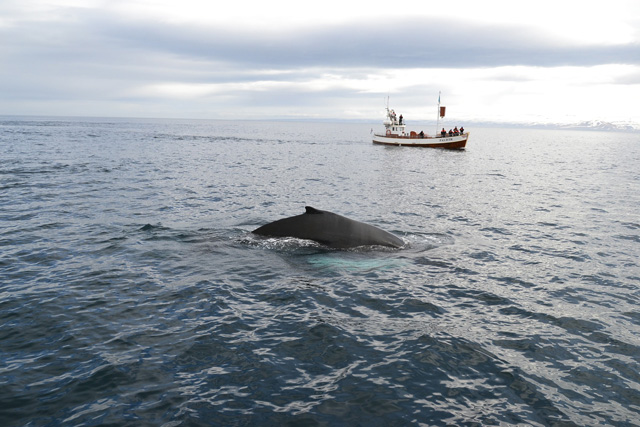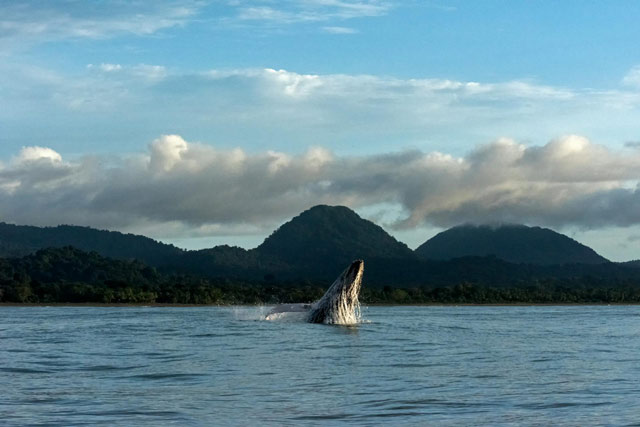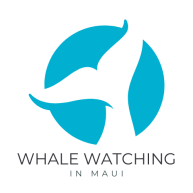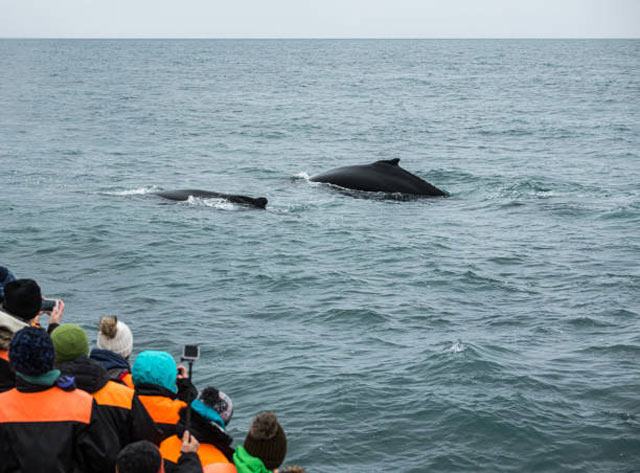When I first experienced whale watching years ago, I was awestruck by the sheer size and beauty of these incredible creatures. But what struck me even more was learning how every whale watching trip contributes to efforts to protect marine life. Whale watching is more than just an unforgettable experience—it’s a vital part of whale conservation. In this post, I’ll share how whale watching supports whale conservation efforts and why Maui is the perfect place to make a difference.
Key Takeaways
- Whale watching tours directly fund marine research and conservation programs through donations from tour operators.
- By witnessing whales firsthand, people gain a deeper appreciation for their conservation and become more motivated to protect them.
- Whale watching tourism generates revenue for local economies, incentivizing communities to prioritize the preservation of marine habitats.
- Whale watching tours contribute valuable data to scientific research, aiding in the understanding and protection of whale populations and their migration patterns.
- Whale watching contributes to reducing threats to whales by raising awareness about issues like ship strikes, habitat destruction, and climate change, and by supporting initiatives to mitigate these threats.
Ways Whale Watching Contributes to Conservation
Funding Research and Protection
Whale watching tours directly fund marine research and whale conservation programs. Many tour operators donate a portion of their earnings to organizations working to protect whale species and their ecosystems.
Pro Tip!
Choose operators that are members of eco-tourism organizations like the Whale and Dolphin Conservation Society to ensure your trip contributes to whale conservation initiatives.
Raising Public Awareness
When people experience the majesty of whales firsthand, they’re more likely to care about protecting them. Education provided during tours often highlights threats like pollution, ship strikes, and climate change.
Fun Fact!
A single humpback whale can weigh as much as five African elephants! Seeing one up close leaves a lasting impression that inspires action.
Marine Sanctuaries
Revenue from tours helps establish and maintain protected areas like marine sanctuaries where whales can thrive.
Creating Economic Incentives for whale conservation
Communities that rely on eco-tourism have a vested interest in preserving marine habitats. In Maui, whale watching brings visitors from around the world, supporting local businesses and encouraging whale conservation practices.
The Role of Responsible Whale Watching

Responsible whale watching is about enjoying the beauty of whales while ensuring their safety and well-being. By following best practices, tour operators and participants can minimize their impact on marine life and actively contribute to whale conservation. Here’s how responsible whale watching plays a vital role:
- Maintaining Safe Distances
Tour operators follow strict guidelines to keep a safe distance from whales, ensuring their natural behaviors aren’t disrupted. This prevents stress or harm to the animals while still offering a spectacular viewing experience. - Reducing Noise Pollution
Boats used by responsible operators are often equipped with quieter engines to reduce underwater noise. Excessive noise can interfere with whales’ communication and navigation, so minimizing it is essential for their well-being. - Preventing Accidental Collisions
Skilled captains are trained to navigate safely around whales, avoiding collisions that could injure or kill these gentle giants. Adhering to speed limits and vigilance are key components of this effort. - Supporting Marine Research
Many responsible operators collaborate with researchers by sharing data, such as sighting locations and behavioral observations. This valuable information helps scientists track whale populations and migration routes. - Educating Passengers About Marine Life
Guides provide detailed information about the whales, their habitats, and the challenges they face. Educated passengers are more likely to become advocates for whale conservation. - Minimizing Carbon Footprint
Operators increasingly use eco-friendly fuel alternatives or hybrid engines to reduce emissions. This helps mitigate the impact of tours on the environment and sets an example for sustainable practices. - Avoiding Feeding or Chasing Whales
Feeding or chasing whales can alter their natural behaviors and harm their survival. Responsible tours strictly avoid these practices, ensuring the animals continue their normal routines. - Promoting Community Conservation Efforts
Many operators partner with local conservation groups to raise funds, host events, or participate in cleanup activities. By engaging with the local community, these tours contribute to broader conservation goals.
By choosing responsible whale watching tours, you’re ensuring that your experience is both enjoyable and environmentally mindful.
Pro Tip!
Look for tours that use low-emission boats and emphasize education about marine life to maximize your positive impact.
Common Threats to Whales and How Whale Watching Helps

Whales face numerous threats, from ship strikes to climate change. Whale watching tours highlight these challenges and provide ways to help.
Threat: Habitat Destruction
Human activities like coastal development and plastic pollution are destroying critical whale habitats.
- Solution: Responsible whale watching raises funds and awareness to combat habitat destruction through cleanup efforts and marine sanctuaries.
Threat: Ship Strikes
Large vessels often collide with whales, especially in busy shipping lanes.
- Solution: Data collected by whale watching tours helps map whale migration routes, enabling safer navigation strategies for larger ships.
Threat: Climate Change
Shifting ocean temperatures affect whale food sources like krill and plankton.
- Solution: Funds raised through whale watching support research into mitigating climate impacts on marine ecosystems.
Why Maui Is Perfect for Whale Watching and Whale Conservation

Maui’s unique combination of natural features and a strong community focus on conservation makes it an ideal destination for whale watching.
A Culture of Conservation
The people of Maui deeply value the ocean and its inhabitants. A strong sense of “aloha ‘aina” (love for the land) permeates the island, fostering a deep respect for the environment and a commitment to preserving the delicate balance of the marine ecosystem. This cultural value translates into a strong community focus on whale conservation, with many residents actively involved in research, education, and protection efforts.
Whales’ Paradise
The warm, shallow waters surrounding Maui, particularly the channels between the islands, provide a sheltered and nurturing environment for whales. These waters offer protection from predators, making it an ideal location for breeding, calving, and socializing. The rich upwellings of nutrients also attract abundant food sources, further enticing whales to congregate in these waters.
Underwater Topography
The underwater topography of Maui, with its deep channels and shallow banks, creates a dynamic environment that whales utilize for navigation, feeding, and social interactions. These features contribute to the unique whale-watching experiences Maui offers.
Fun Fact!
Did you know that whales play a key role in combating climate change? Their movements help circulate nutrients in the ocean, boosting the growth of phytoplankton, which absorbs carbon dioxide!
How You Can Make a Difference
Many whale watching tours partner with research programs, allowing participants to contribute to science. By recording sightings and behaviors, visitors can help scientists track whale populations and migration patterns.
Join Citizen Science Programs
Many whale watching tours partner with research groups, inviting participants to collect data like whale sightings and behaviors. Involving visitors in research fosters a deeper connection to conservation efforts.
Spread the Word
Share your experience with friends and family. The more people who learn about whale watching, the greater the support for conservation.


